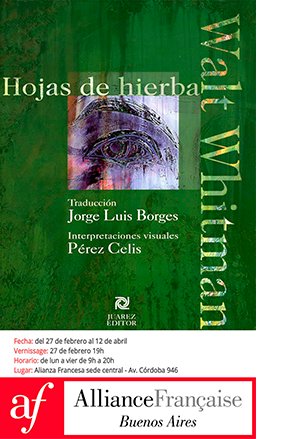Jonidel Mendoza
GBG Arts, Caracas
Giambattista Vico (Naples, Italy, 1688-1744) in his book of 1725, The New Science or Principles of a New Science Regarding the Common Nature of Nations, opposed the criteria of rationalism, in particular the Cartesian destruction based on clear and distinct ideas, as the sole means to know the truth. Vico rejects the linear concepts of history and analyzes it as a movement of “corsi e ricorsi” (courses and returns) based on which civilizations follow one another, each contributing its own identity.

The “corsi e ricorsi” ascend in a spiral pattern, like DNA. And in this aspect, Vico’s thinking is ahead of his time. His is an inclusive philosophy − based on the contributions of a new America, and in which the visionary Vico demonstrates that each nation has its own identity, without thereby denying history or the past. Neither must one deny the place where one lives. It was only well into the 20th century that Vico was acknowledged as an interpreter of the self-determination of peoples and races.
Jonidel Mendoza (Venezuela, 1975) emerges as one of the promising new talents in Venezuelan art. The first images of his work we could observe corresponded to anonymous silhouettes that could be glimpsed through the superposition of metal wefts linked by a support. On an invitation from a gallery, he traveled to South Korea, and he spent two years in this Asian country, where he managed to communicate with the same fluency as in Venezuela. All of which comes to confirm the theory of the Neapolitan philosopher. On his return to Venezuela, Mendoza presented an exhibition in which he eliminated the suppport. The figures were now projected onto the walls. There is no color, only what is essential. There is no specific time; there are no places; there are no language barriers. Communication alone suffices. Communication whose sole interpreter − beyond words and epochs − is sensibility.





